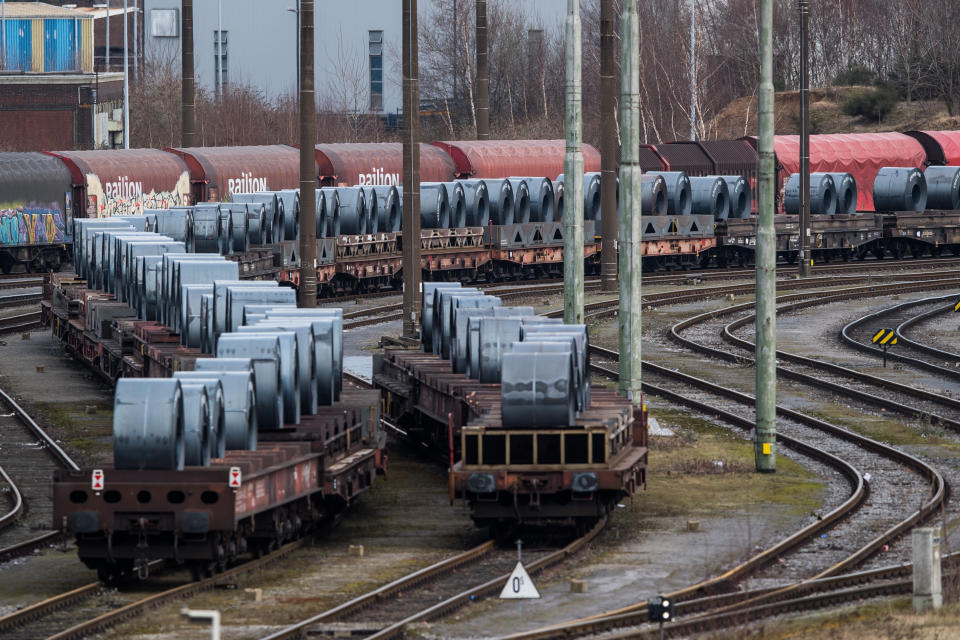Germany pessimistic about coronavirus hit to exports

The mood among German exporters has darkened significantly this month as they expect the ongoing coronavirus outbreak to take a big toll on their businesses in the short term.
The Ifo Institute’s Business Barometer, which surveys 2,300 German companies, found that sentiment had fallen from 0.8 points to -0.7 in February from the month before.
Germany’s export-reliant businesses expressed little hope for an improvement in the coronavirus situation in the short term, especially since China is Germany’s most important trading partner.
"The developments around the coronavirus give little hope for improvement in the short term," said Ifo president Clemens Fuest.
The German automotive industry in particular is fearful of falling exports in the coming months. Coronavirus brought car sales in China to a screeching halt in the first half of February. The China Passenger Car Association said sales plunged by 92% as most dealerships were closed because of the virus, and “barely anybody” wanted to buy a car.
Bosses in Germany’s chemicals and mechanical engineering sectors are also expecting an export-decline in the near future.
Germany’s Adidas (ADS.DE) warned last week that the coronavirus outbreak had plunged business activity by around 85% since the Chinese New Year on 25 January from the same period the year before.
Read more: Coronavirus causes 85% plunge in Adidas business in China
Separately, the second estimate of fourth quarter German GDP published on Tuesday shows that Europe’s largest economy remained in stagnation in the fourth quarter of 2019 due to Brexit uncertainty and international trade conflicts. On the year, however, the economy had still grown by 0.4%, buoyed by domestic demand, investment, and construction.
“The stagnation masks a two-speed economy underneath,“ said ING chief economist Carsten Brzeski in a note. “Maybe the only common denominator of all the different drivers is the fact that Germany’s strongest trump card has become its biggest vulnerability: its openness and dependence on exports and global trade.”
European stocks had their worst day in four years on Monday, after Italy, the third-largest eurozone economy, became the epicentre of the coronavirus outbreak on the European continent.

 Yahoo Finance
Yahoo Finance 